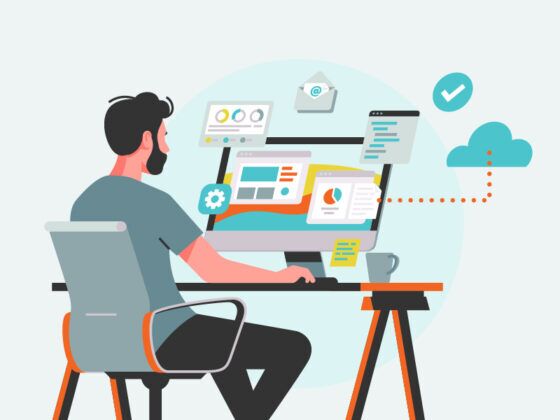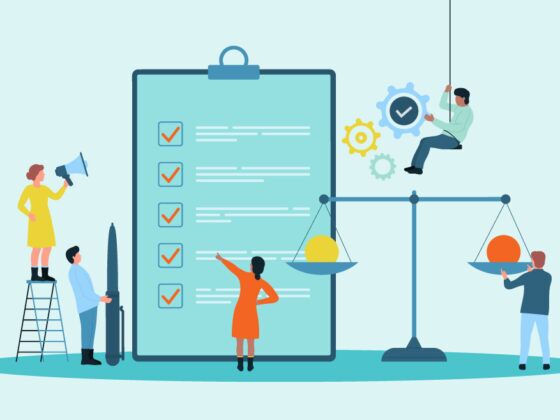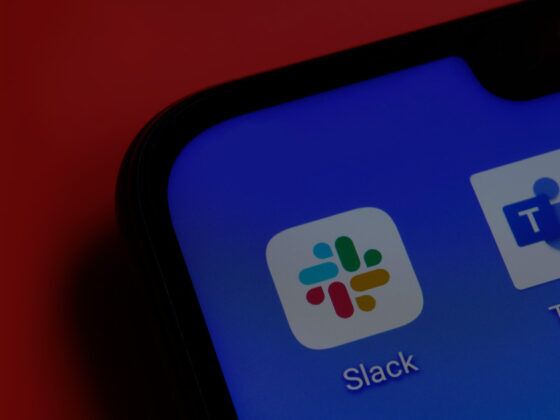Small firms might imagine eDiscovery is like a John Grisham movie, where a plucky young attorney practicing law in a rundown office is hopelessly outgunned by a large, well-heeled law firm.
There certainly was a time when big law firms could count on bigger budgets and staff to out-muscle opposing counsel at smaller law firms. But in fact, in contemporary litigation, the updated rules of evidence can actually provide small firms with the same capabilities as any larger, better-funded firm.
Changing the Dynamic
At Nextpoint, we believe that attorneys can secure a just and fair decision for clients in the face of a deluge of digital evidence no matter the size of the firm. Unfortunately, many small and solo lawyers often learn lessons about the benefits and burdens of obtaining electronic evidence in litigation the hard way.
Too many attorneys litigating a $50,000 case are often confronted with cost estimates of $500,000 for discovery services. Over the past couple months, we’ve discussed strategies to control costs in detail, including beginning the discovery process, keeping discovery in proportion, using the rules to your advantage, beating the data dump, creating competitive pricing models, and choosing a vendor.
By working within the new Federal Rules of Civil Procedure and effectively deploying technology, any attorney should be able to effectively litigate any matter and keep costs under control. In small cases, the cost to do electronic discovery should fall under the $10,000 mark. A divorce over limited assets, breach of contract suit between an individual and a small company, criminal cases such as child pornography or online stalking, or theft of proprietary data case cannot often sustain more than this amount.
Cloud eDiscovery
Of course, we believe any that the small firm solution begins with Software-as-a-Service (SaaS) applications, which offer attractive pricing models and pay-as-you-go technology pricing, allowing firms to perform discovery tasks in-house instead of paying the vendor for those services. It also eliminates the need to buy, install, and maintain expensive software.
Without legacy software and processes in place, small and solo firm can effectively litigate any matter, even if the opposition is a large, well-heeled firm with infinite resources. In addition to technology leveling the playing field, the rules have changed the game, forcing all parties to meet early and hammer out the details of discovery before it can get out of hand.
Through these negotiations, small firms can not only effectively conduct complex eDiscovery battles and forensic investigations themselves, but they can offer the same level of service as any large firm.
You can download Nextpoint’s free white paper on eDiscovery cloud for small firms for some more details and litigation tips. Written in plain English, with a glossary of common eDiscovery jargon, experienced litigators will find it a useful refresher, while attorneys with no experience in the eDiscovery process should find the information needed to make discovery projects manageable.






